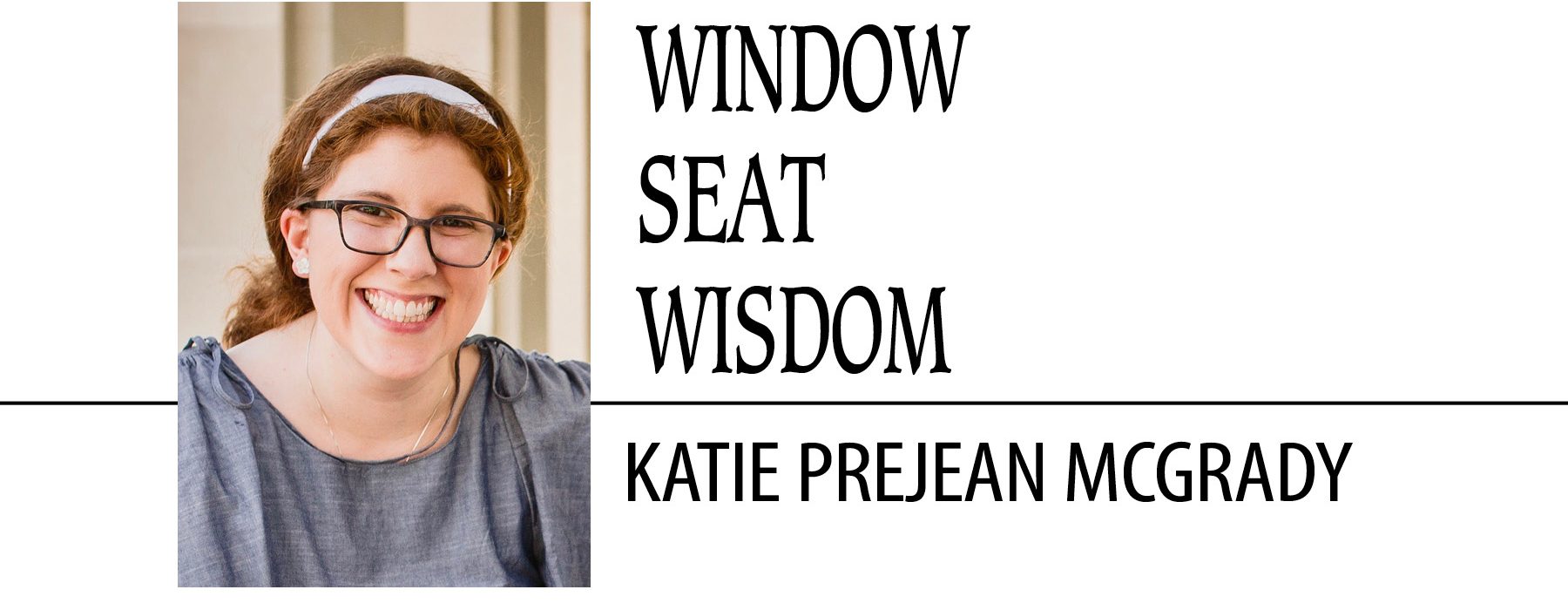January 12, 2022 // Perspective
Resolutions for today
I think New Year’s resolutions are silly.
Under the guise of “get healthy” and “better yourself” we establish arbitrary and often unrealistic goals to eat less, move around more, spend less time on our phone, etc.
One year, I resolved to use a paper planner to keep track of my to-do lists and meetings. I gave up the practice within two weeks because it just wasn’t a useful habit for me. But even though I knew I needed to quit on my resolution, I was frustrated by my giving it up.
I was then left with just one other resolution for the year: Go to bed by 9 p.m. That one lasted just a couple weeks beyond the first.
In a furious fit, I resolved to never make resolutions again, at least not new year ones, because it was obvious I was waiting to make necessary changes in my life — and build good, healthy, holy habits — until the first of a new year.
Rather than doing what I knew needed to be done when I realized it needed to be done, I’d procrastinate the new habit: “Oh, after the new year I’ll do that” and just set the habit or task on a never-ending to-do list labeled “Someday,” knowing good and well “someday” was never really coming.
We do this with far more than just healthy eating or closet organization or bedtime routines. We set resolutions for our spiritual life on a “someday” list all too often.
“Someday I’ll start going to daily Mass.”
“Someday I’ll pray Liturgy of the Hours.”
“Someday I’ll invite Father over to dinner.”
“Someday I’ll volunteer to lector on Sunday.”
“Someday I’ll make that silent retreat.”
“Someday I’ll pray the rosary every night before bed.”
They sit there on that “someday” list — these hopes and habits with no real direction and therefore no real resolve. Even though we know they are noble, worthy, good practices, they simply become these platitudes with no path to living them out.
These “someday” resolutions, promised at the start of a new year because it’s what everyone else is doing, are not realistic behaviors we can put into practice and thus develop holy habits. They’re these generalized promises made to no one, least of all ourselves.
So perhaps our mindset to these generalized resolutions for the new year that we’ll forget in a matter of weeks can be made more specific, more purposeful, more immediate and, most of all, more tangible.
Perhaps we name in a very intentional way what it is we hope to achieve, and then make the resolution a practice we can reasonably begin to do in our lives.
“I hope to grow closer to the Lord” means I resolve to attend a weekday Mass at least one day a week.
“I hope to learn more about sacred Scripture” means I resolve to pray evening prayer from the Liturgy of the Hours at least two nights a week.
“I hope to become more comfortable in my parish community” means I resolve to invite Father over to dinner at some point before Lent begins.
“I hope to serve my church” means I resolve to finally call the parish secretary and ask about volunteering to become a lector.
The Lord doesn’t ask us to “do” things for him at the beginning of a new year simply because every diet blog and health care website and each gym in town is screaming at you to “make big changes” and “resolve to do better.”
The Lord invites us to hope and dream about how close we are to Him and resolve to make the changes we need to make to grow closer to Him whenever we need to, and not just wait for the beginning of the new year or “someday.”
Every time we go to confession, we make a resolution when we pray our act of contrition. We “firmly resolve with the help of thy grace” to change how we live, to avoid sin as best we can, to grow closer to Jesus.
Perhaps this is the year we firmly resolve to hope in new ways, and live and act in new ways, so we can see the fulfillment of those hopes, to ultimately be resolute in our resolve to someday grow closer to the Lord.
The best news. Delivered to your inbox.
Subscribe to our mailing list today.






